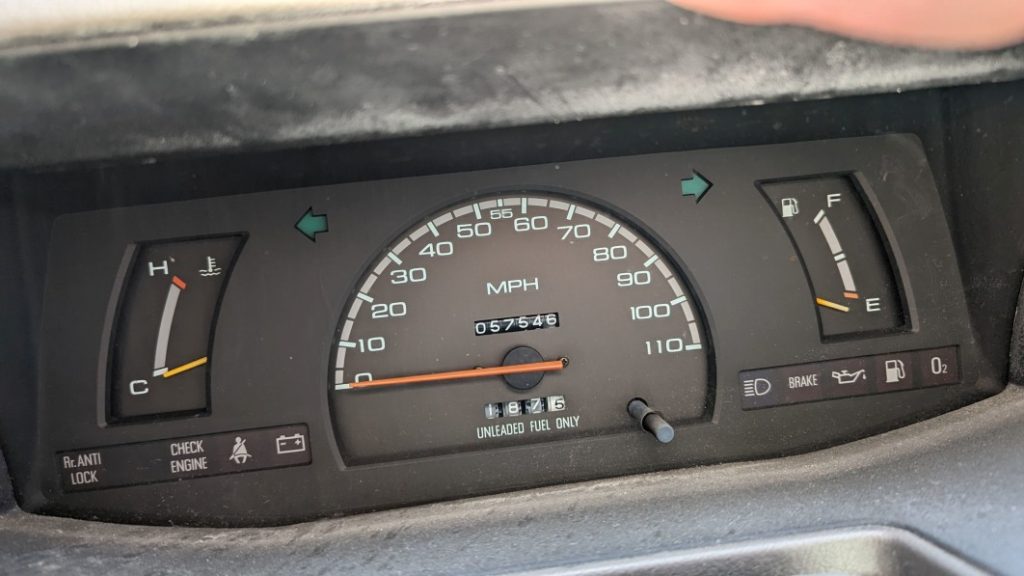CarFax says odometer rollbacks up 7% year-over-year

The outrageous goings-on in the car sales market means ’tis the season for odometer rollbacks, according to CarFax. The company that compiles vehicle history reports from various touchpoints in a car’s life says its research shows more than 1.9 million vehicles on the road have had their odometers tampered with. That total represents a 7% increase over 2021. CarFax ranked states by the number of tampered vehicles on their roads, California coming first at 437,600 and North Carolina coming 10th with 45,300. Numerically, every state in the top 10 except Arizona is one of the largest vehicle markets in the United States, Statista says the top 10 states for vehicle registrations in 2020 were California, Texas, Florida, Ohio, New York, Illinois, Pennsylvania, Georgia, North Carolina, and Virginia. Also, the top 10 states by volume account for 1.2 million of the 1.9 million dishonest vehicles CarFax says are on the road. That leaves about 17,000 tampered vehicles on average for each of the rest of the 40 states.
Percentage-wise, among the states on that volume list, the fraud climbed most in Texas (15%), Florida and Arizona (12% each), North Carolina (7%), and Illinois and Pennsylvania (5% each). California, New York, Georgia, and Virginia finish the top 10 with less than 5% upticks.
It’s hard to find current stats on odometer rollback. In 2002, the National Highway Traffic Safety Transportation Administration said 450,000 cars with tampered odometers are sold every year, and that’s still the number bandied about 20 years later. Last year, the NHTSA told the New York Times, “Odometer fraud is a serious crime that costs Americans more than $1 billion annually.” That economic cost also came from the 20-year-old study, which determined each of those 450,000 vehicle sales cost a consumer an average of $2,336. The CarFax research says “consumers lose (an) average of $4,000 value from unknowingly buying a car with a rolled-back odometer.” Coincidentally, the U.S. Bureau of Labor Statistics CPI Inflation Calculator figures that $2,336 in 2002 equals $3,868 in November 2022. And it must be said that we don’t know CarFax’s research methodology, but we do know the company sells a service intending to address the purpose of the study. Even an official NHTSA government document from 2010 bore a CarFax logo, and the NHTSA recommended buying a CarFax report. The company is the go-to for this kind of annual local news stories, like this report from Phoenix last year, this report from Detroit two years ago, this one from Jacksonville, Florida and this one from Minneapolis three years ago, and this one from Memphis, Tennessee five years ago.
Back in the last century, the U.S. Department of Justice said the average rollback involves a reduction of more than 40,000 miles, and investigative news program 60 Minutes called odometer tampering “the largest consumer fraud in America.” Digital odometers haven’t stopped the practice, odometer rollbacks are still a big thing. There are “mileage correction” tools for sale on Amazon and eBay that can reset many vehicles to any chosen mileage, and plentiful tutorials on YouTube. In times like now, there’s just too much money to be made when selling a car claimed to have 80,000 miles versus another example of the model that’s logged a real 120,000 miles. So, as always, buyer beware. And don’t be afraid to ask the seller to provide a CarFax.


